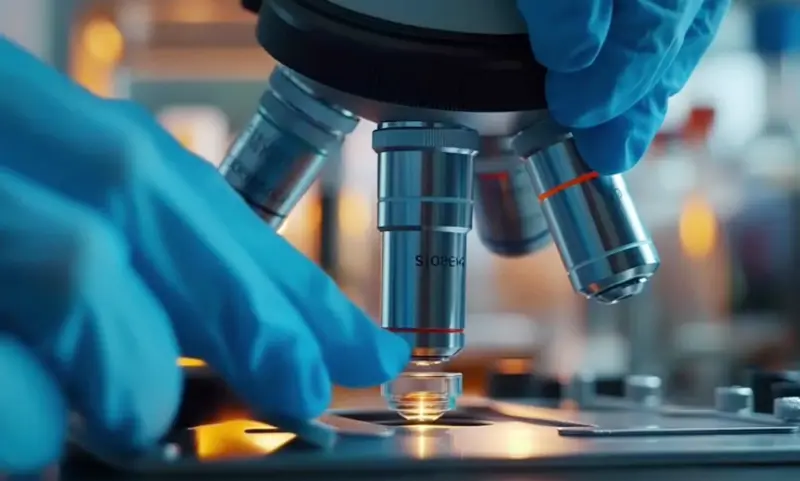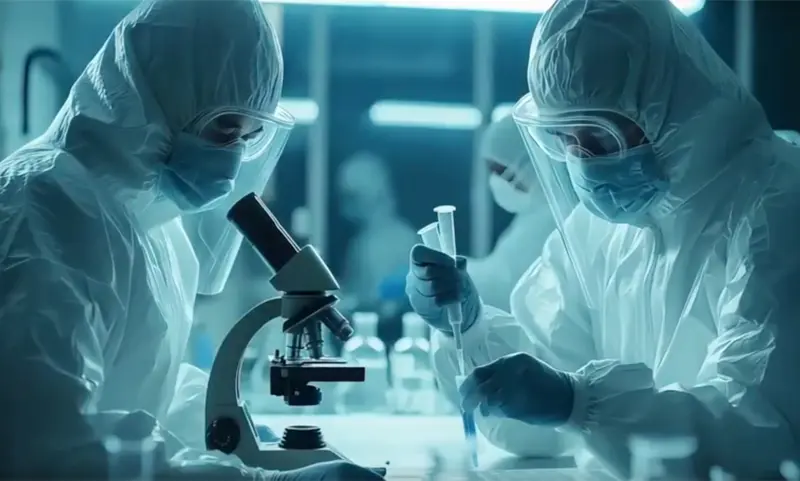From simple linear peptides to complex modified sequences, and from crude-grade research samples to GMP-grade multi-kilogram commercial-scale productions, Utide delivers end-to-end peptide synthesis solutions tailored to diverse application scenarios.
We prioritize customer needs as the core of our service philosophy, with an unwavering commitment to delivering high-quality, reliable results. Our team of senior synthetic chemists who are boasting extensive expertise in peptide chemistry collaborates closely with clients to deeply understand every technical requirement, whether it involves the synthesis of simple single-sequence peptide, complex labeled products, or the reproducible preparation of large-scale screening libraries.
Equipped with purpose-built large-scale production facilities, our specialized technical team has the capability to handle multi-kilogram order volumes and possesses in-depth expertise in executing a broad spectrum of complex chemical reactions, ensuring the successful delivery of even the most challenging peptide projects.
Operating out of cutting-edge R&D laboratories and fully GMP-grade production facilities, we provide innovative technical support for early-stage drug discovery including rapid synthesis of peptide candidates for high-throughput screening, while strictly adhering to global regulatory requirements such as FDA, EMA, NMPA guidelines. Throughout the service lifecycle, we maintain exceptional customer communication and project management to ensure a seamless experience.
Our peptide service portfolio covers the entire value chain of peptide development: from lead compound optimization, process development, and analytical method validation/quality studies, to the stable supply of GMP-grade peptides for preclinical and clinical trials. Additionally, we excel in the rapid customization of research-grade peptides with fast turnaround times for small-batch orders and offer an extensive catalog of off-the-shelf stock peptides—empowering you to accelerate the pace of your research efficiently.










